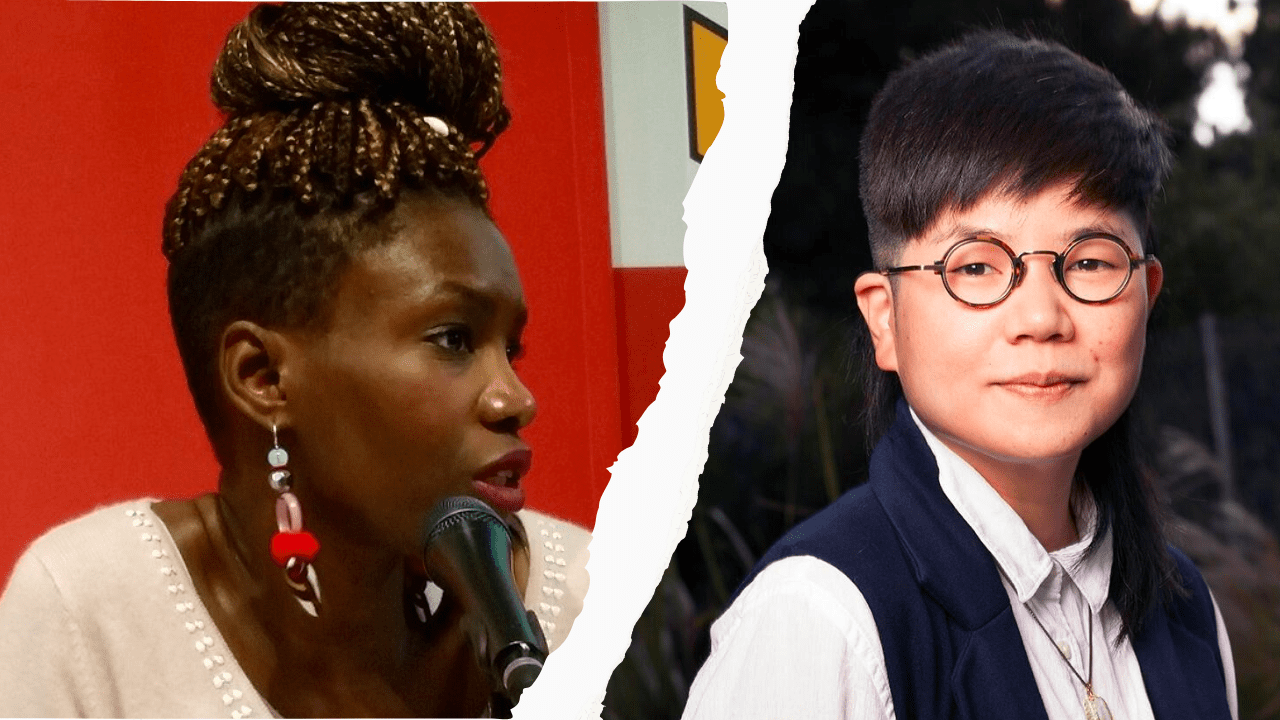
FIT Graduate Conference: “Taboo”
Annabel L. Kim, Harvard University; Rokhaya Diallo, Georgetown University
April 14, 2023 · 010 East Pyne
Department of French & Italian

What is taboo? This question shapes our relationship to language, in turn shaping the boundaries of communities, cultures, and literary canons. A term borrowed from Tongan, a Polynesian language. a “taboo” is primarily a religious imperative. A taboo might be a person, animal, or object that cannot be approached or touched because it is sacred. At the same time, a taboo also functions as a prohibition-as a rule that cannot be transgressed.
Recently, a variety of contemporary francophone authors and activists have begun to question certain subjects considered taboo. Christine Angot, Vanessa Springora, and Camille Kouchner have shed light on what Freud calls the greatest of all taboos: incest. In 2018, meanwhile, the removal of the word “race” from the French Constitution was intended to erase any discrimination based on skin color and origin. However, might such a decision create a taboo around racial issues? Does language itself maintain certain prohibitions?
Considering what is forbidden and permitted, we wish to investigate the unspeakable and the unexplored in French and francophone literature. Our conference aims to study taboos from a variety of perspectives and across time periods. What connections can be drawn between taboos and oppression, between taboos and the sacred? What constitutes a taboo, and who dictates what remains taboo? How have taboos been weaponized? How has the taboo concept been employed toward hegemonic ends? How can we, as teachers, rethink the unapproachable and the unspeakable in our classrooms?
Guest speakers: Annabel L. Kim (Harvard University) and Rokhaya Diallo (Georgetown University)
Sponsored by the Department of French & Italian and co-sponsored by the Humanities Council, the University Center for Human Values, the Program in Gender & Sexuality Studies, the Lewis Center for the Arts, the Department of Comparative Literature, and the Interdisciplinary Doctoral Program in the Humanities.















